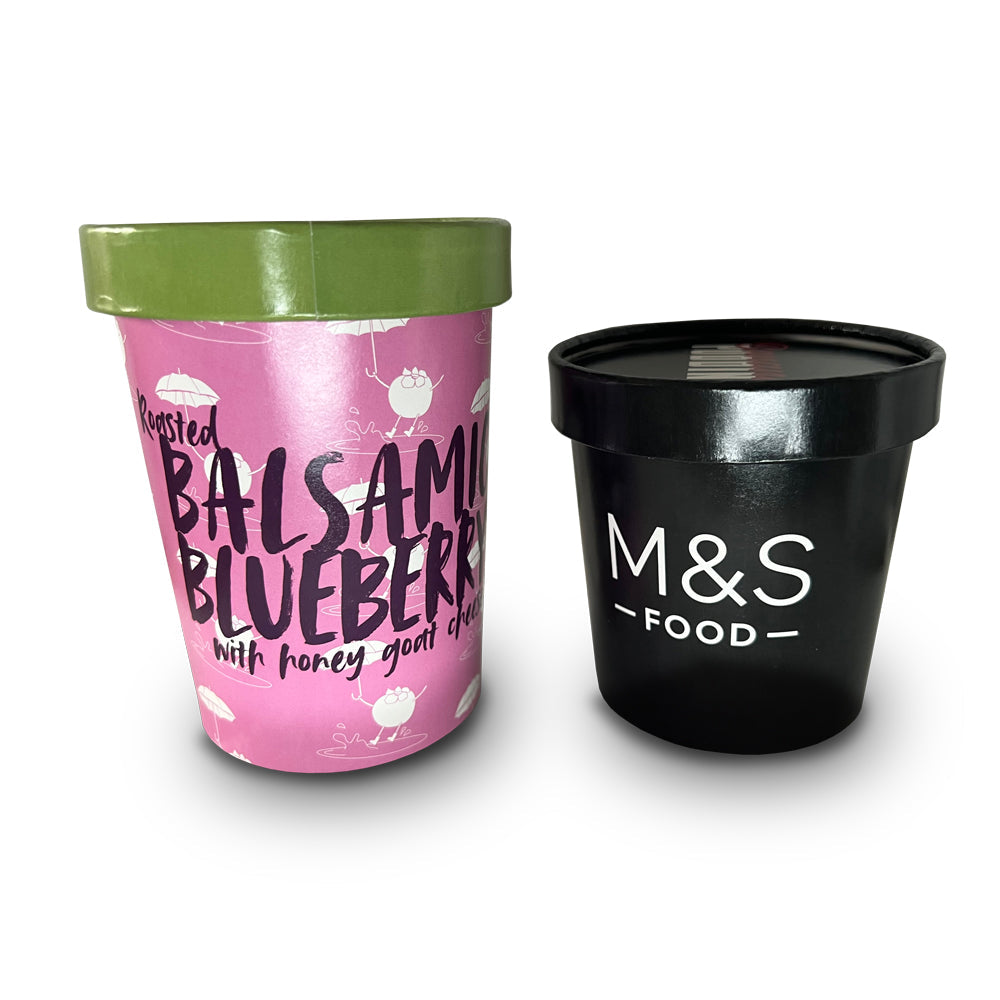The Importance of Eco-Friendly Burger Box Packaging
In today’s fast-paced world, packaging plays a pivotal role in the food industry, particularly for fast food items like burgers. The burger box packaging not only serves the functional purpose of protecting the burger but also serves as a critical marketing tool and reflects a brand’s commitment to sustainability. As consumer awareness regarding environmental issues grows, the demand for eco-friendly packaging solutions has become more pressing and relevant.
The traditional burger box is often made from non-recyclable materials, contributing significantly to environmental pollution. The fast-food industry has been scrutinized for its role in the global waste crisis. Consequently, restaurants and consumers alike are beginning to shift their preferences towards sustainable alternatives. Eco-friendly burger box packaging made from biodegradable materials, such as Kraft paper, plant-based plastics, and compostable materials, is gaining traction. This shift not only reduces waste but also enhances the brand’s image as a responsible entity committed to environmental stewardship.
One of the key benefits of using eco-friendly burger box packaging is its ability to improve customer perception. Consumers today are more conscious of their purchasing decisions and are inclined to support brands that prioritize sustainability. By opting for eco-friendly materials, businesses can position themselves as forward-thinking and environmentally responsible. This can lead to a loyal customer base that appreciates the brand’s efforts to reduce its ecological footprint. Offering sustainable packaging can also attract a new clientele—especially younger consumers who often make choices based on environmental responsibility.
burger box packaging

Moreover, eco-friendly packaging can also serve as a canvas for creative branding. Custom-designed burger boxes can be used to communicate a brand’s story or mission, engaging customers on a deeper level. Visual appeal is crucial in the fast-food industry, and a well-designed box can enhance the overall dining experience. Brands can use vibrant colors, unique shapes, and informative designs to stand out in a competitive market. Additionally, incorporating QR codes that link to information about the brand’s sustainability efforts can create a stronger connection with the consumer, further enhancing brand loyalty.
However, the transition to eco-friendly packaging is not without its challenges. Cost is often a significant barrier. Sustainable materials can be more expensive than traditional packaging options, which can impact a brand’s profitability. However, as the demand for sustainable packaging rises, the prices are expected to decrease, making it more accessible for businesses of all sizes. Furthermore, investing in eco-friendly packaging can lead to cost savings in the long run. Many consumers are willing to pay a premium for sustainably packaged products, potentially increasing profit margins.
Innovations in packaging technology are also paving the way for better options. Companies are exploring innovative materials such as algae-based plastics, mushroom-based packaging, and recycled paper products. These alternatives not only reduce environmental impact but also offer unique functionalities, such as thermal insulation or resistance to moisture, enhancing the overall quality of the burger packaging.
In conclusion, burger box packaging is more than just a vessel for delivering food; it is a reflection of a brand's values and commitment to sustainability. As the fast-food industry continues to grapple with its environmental responsibilities, eco-friendly packaging will play an integral role in shaping the future landscape. Brands that embrace sustainable practices in their packaging can enhance consumer loyalty, contribute to environmental conservation, and stand out in an increasingly crowded market. By investing in eco-friendly burger box packaging, businesses not only comply with ethical standards but also pave the way for a healthier planet and a better future for generations to come.



